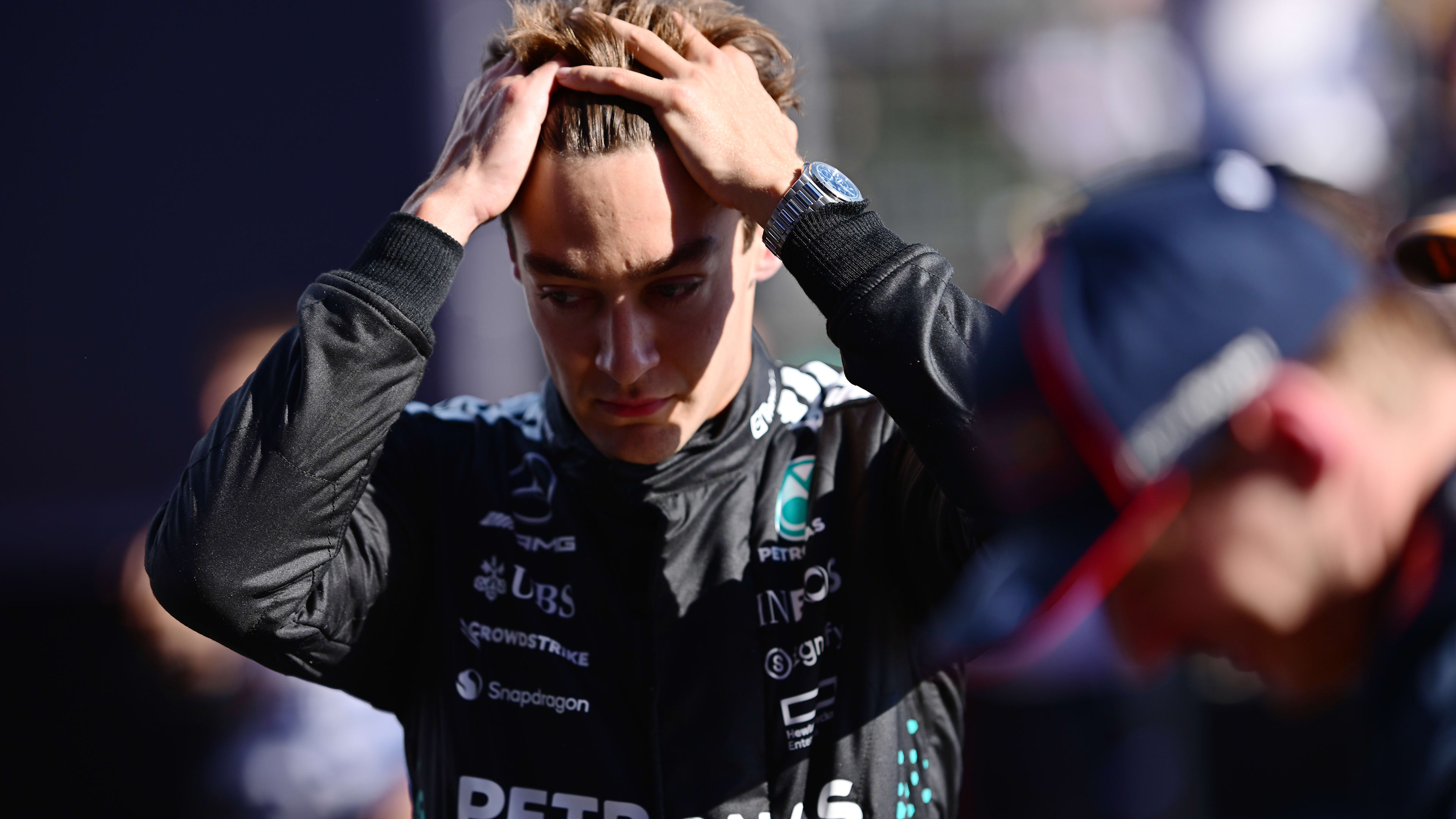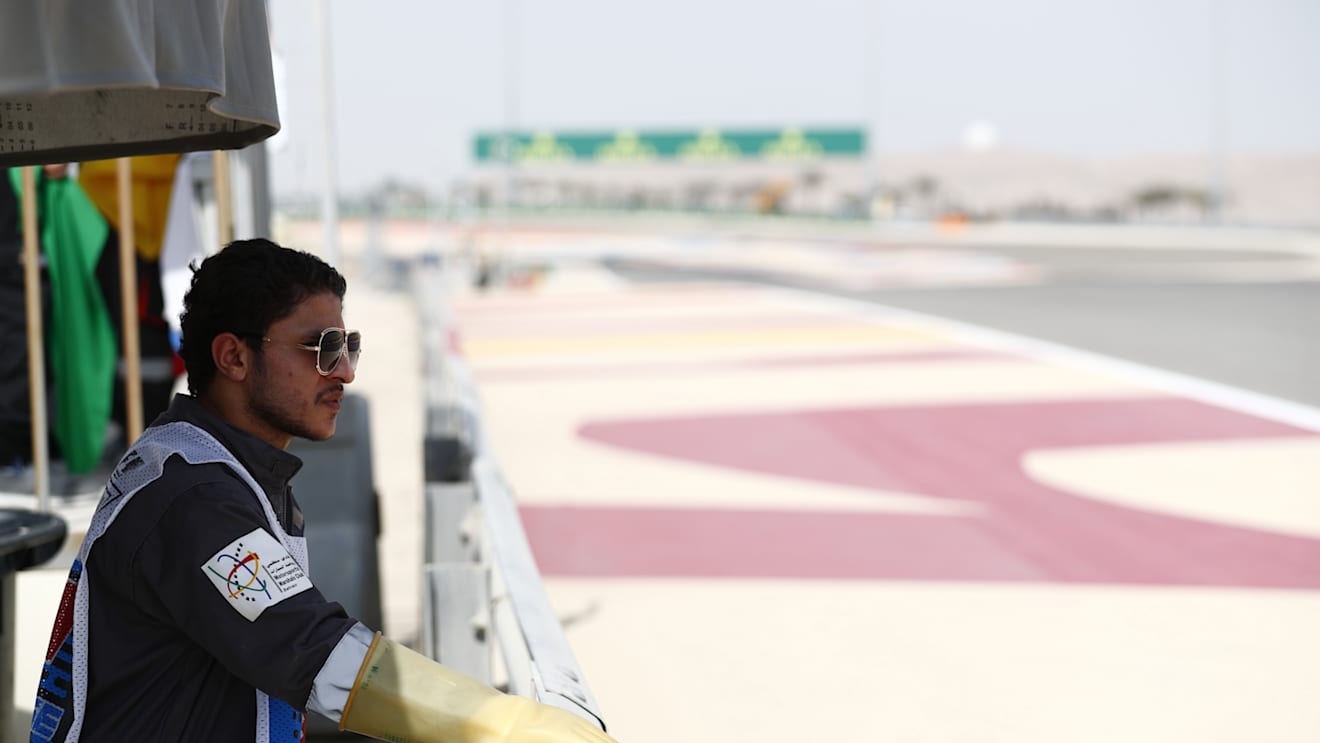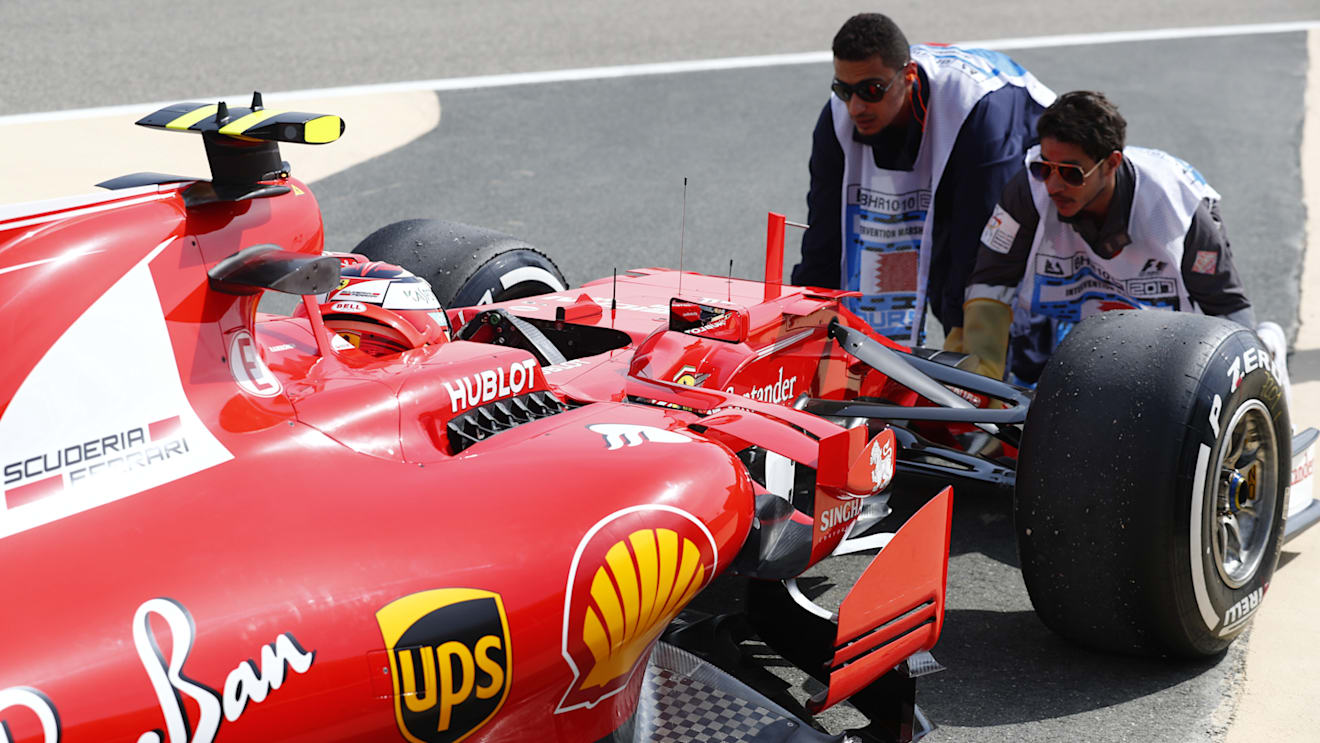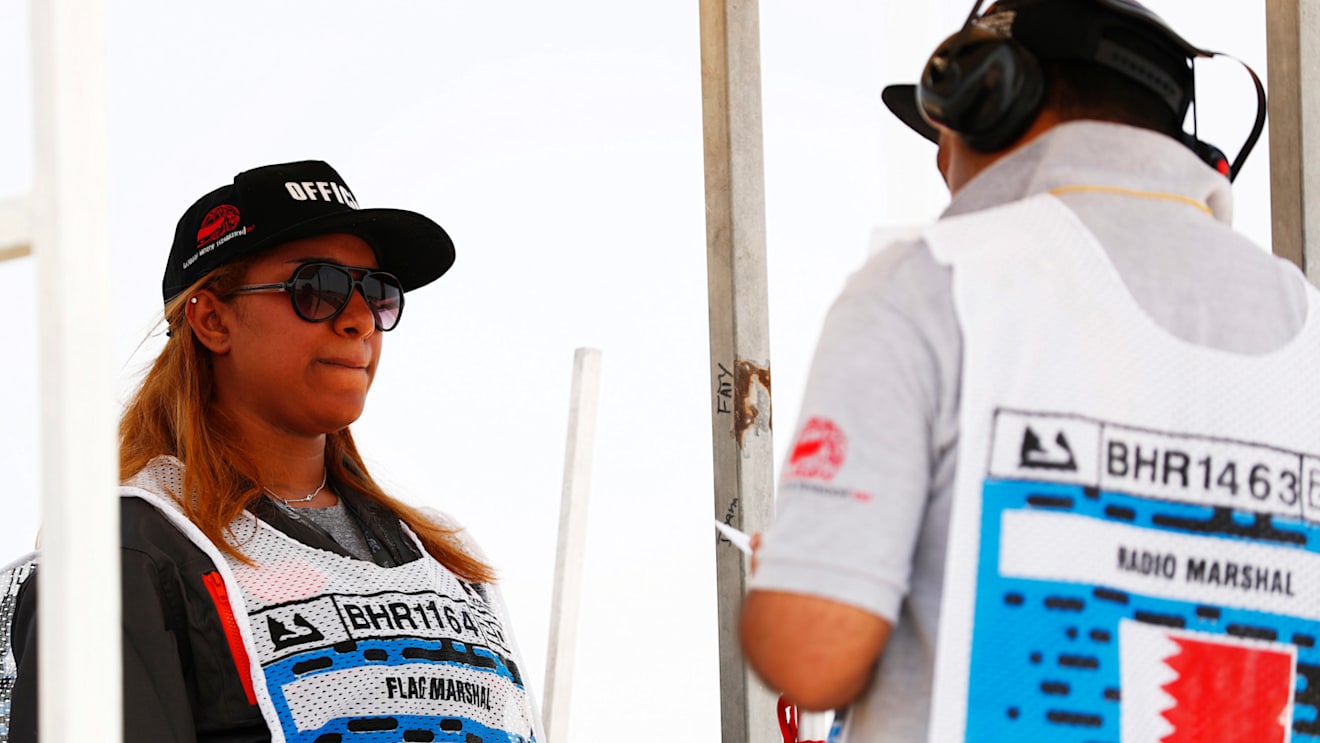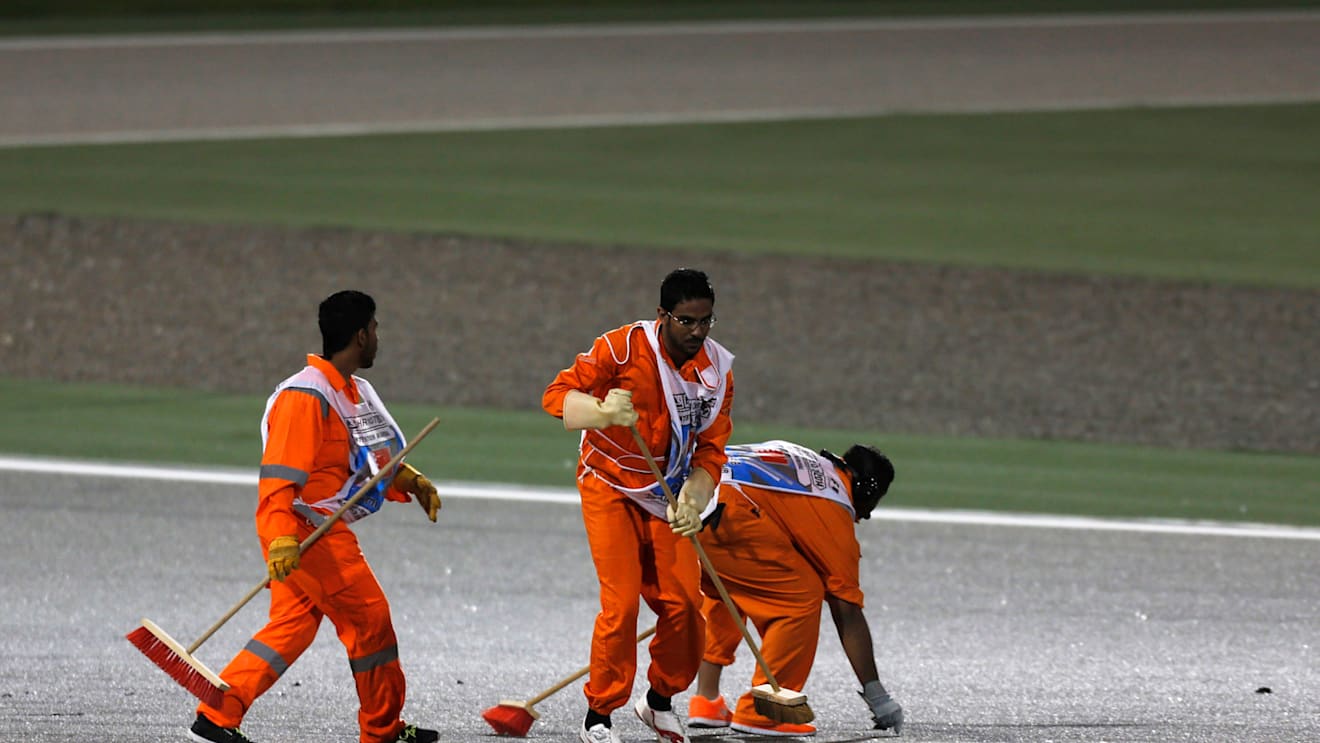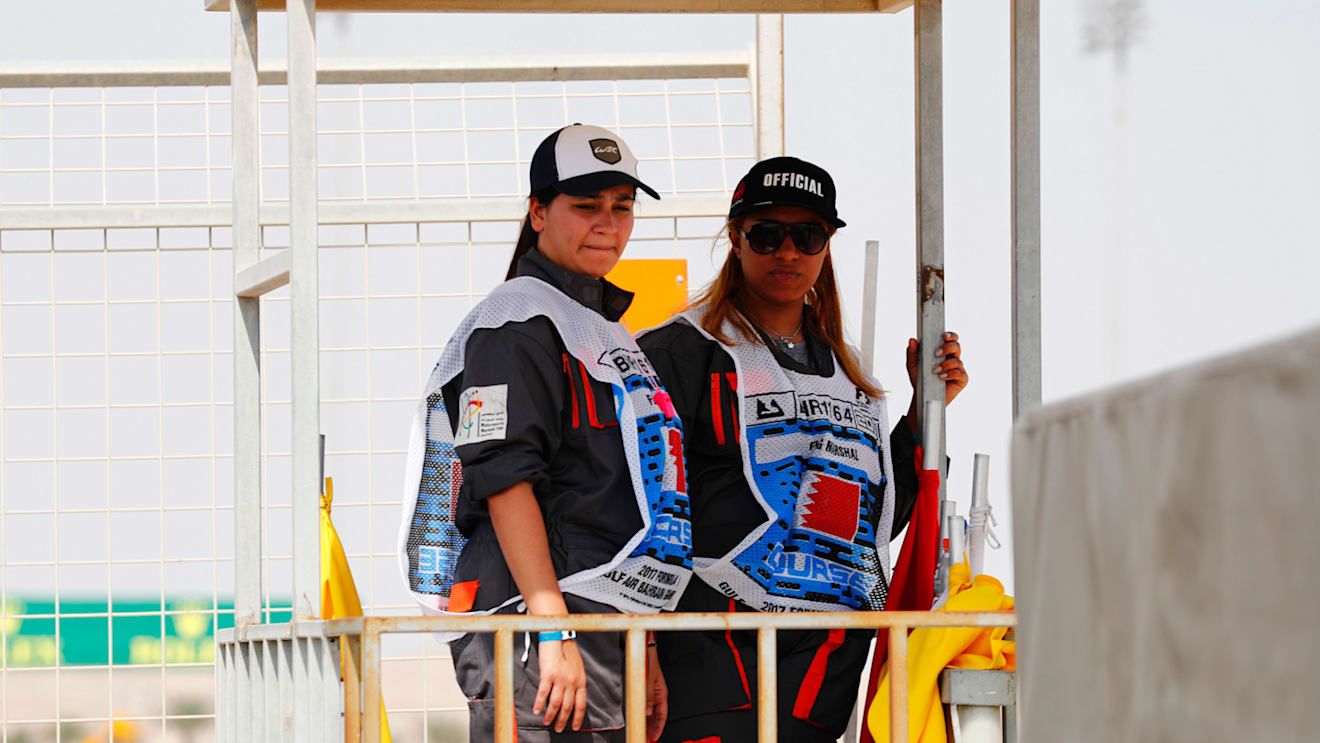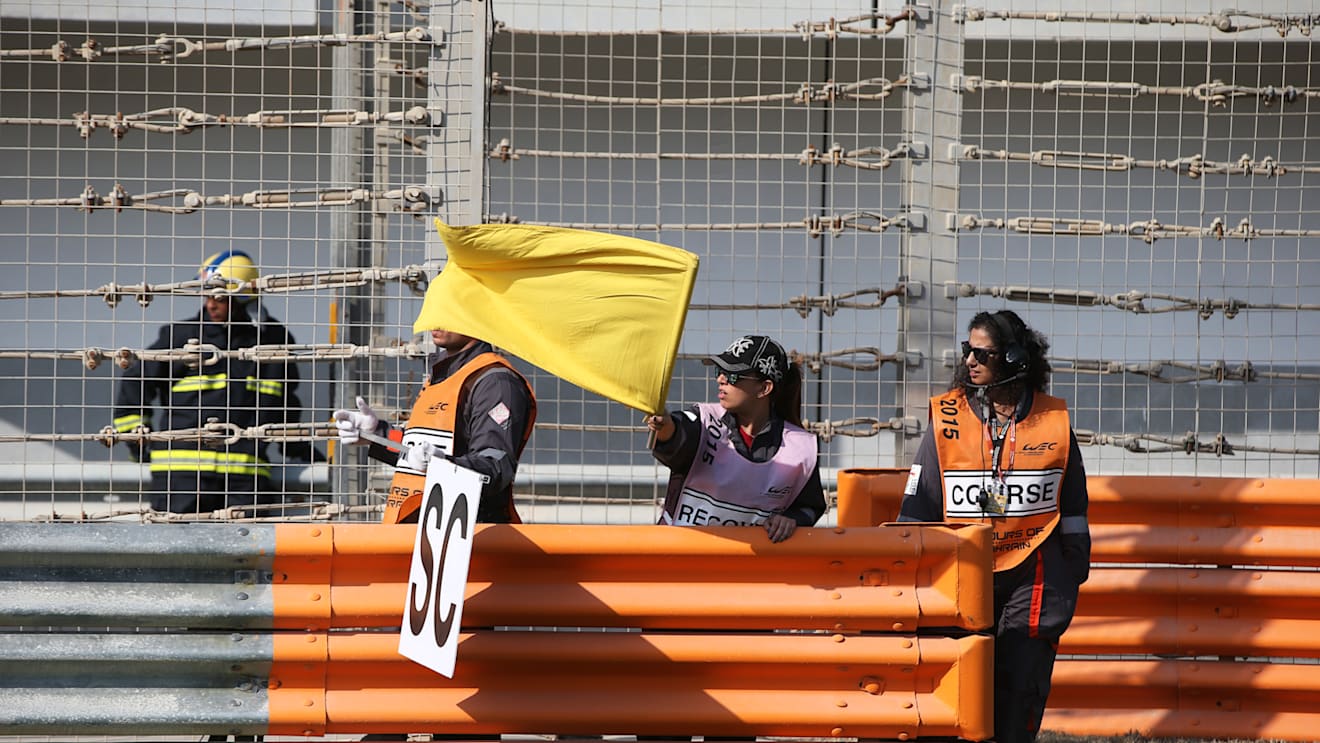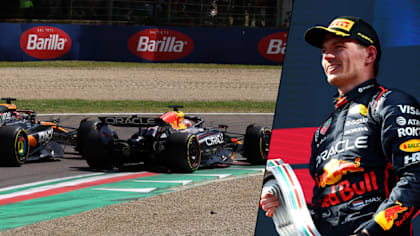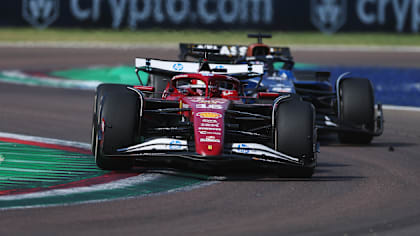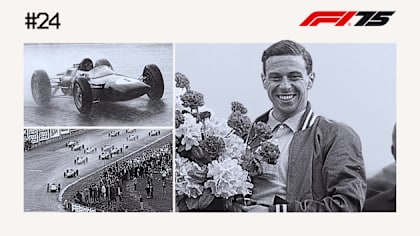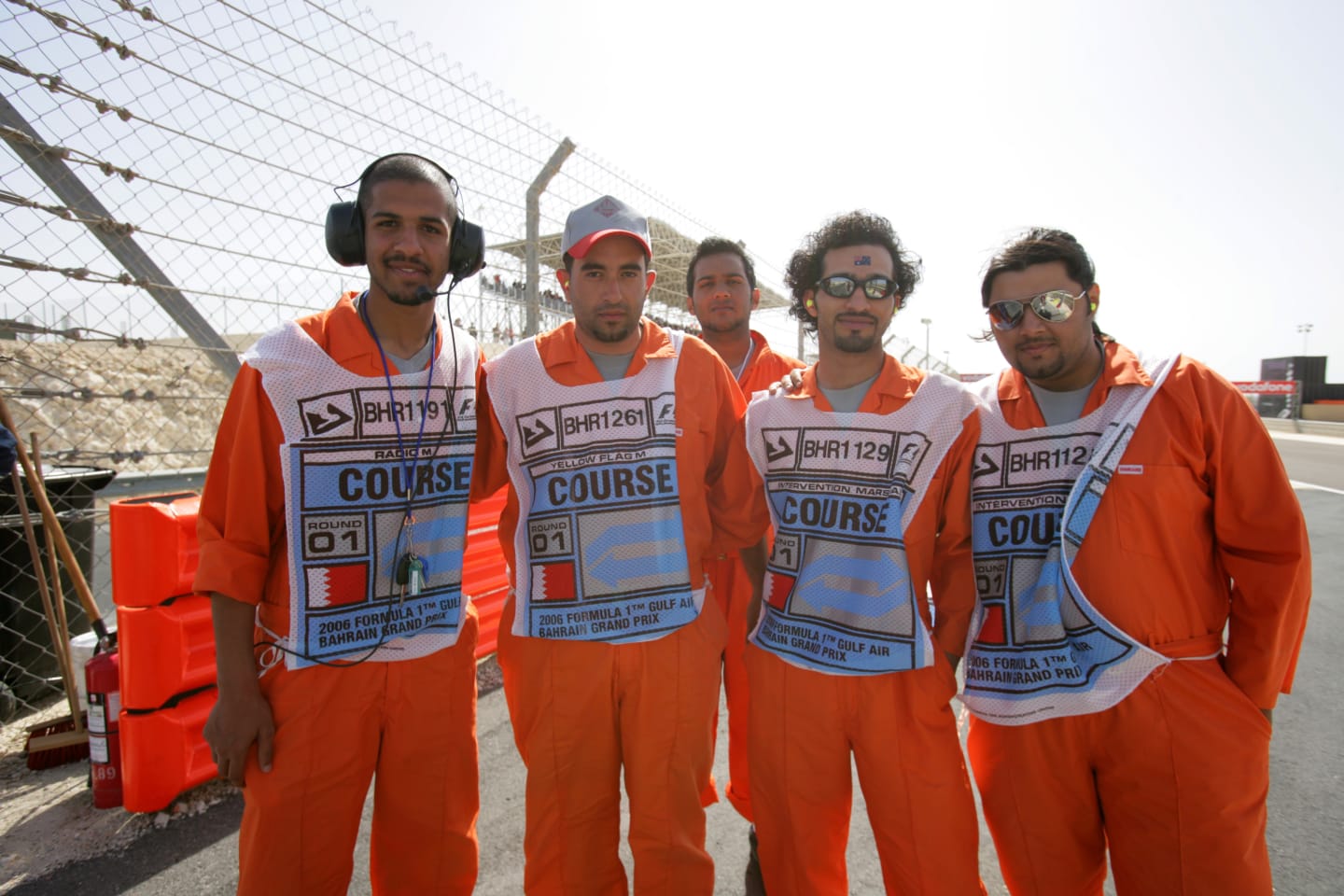
Feature
Hidden heroes: the marshals who make Bahrain happen
Share

When the Formula 1 paddock arrives in the Kingdom of Bahrain, it's naturally the teams and their drivers that are the focus of attention. But staging a Grand Prix anywhere in the world involves a large circus of people, with many diverse skills and responsibilities, working closely together.
Among them, there's a special group of dedicated volunteers responsible for marshalling the circuit and ensuring the track is safe. The marshals, positioned at key points around the track, are ready, in the event of an incident, to signal the hazard to other competitors and render assistance to the driver in trouble, with each marshals’ post in radio communication with race control. Without these enthusiastic and knowledgeable volunteers, the race simply could not take place.
1 / 2
For over a decade Bahrain has been making a significant impact on the global Formula One community. When its first Grand Prix was staged in 2004, there was no shortage of sceptics questioning Bernie Ecclestone's drive to hold races in countries with little motorsport heritage at the expense of more traditional venues.
The reality was that Bahrain had plans well beyond simply garnering global media attention for hosting a Grand Prix. Although they were rightly applauded as the first Middle Eastern nation to host a modern Formula One race, the country's plan was also geared towards to developing and gleaning skills and knowledge from the industry in order to create opportunities for its citizens.
Earning the respect of the wider motorsport community would naturally follow, and while these aims have successfully been achieved on several fronts, the Bahrain Motorsports Marshals Club (MMC) is arguably the most understated component of this effort. Unsurprisingly, it's being done in a fashion consistent with the traditionally humble approach of all other globally-recognised marshal organisations.
Having initially been trained by the Australian Grand Prix marshals in 2003/4, it's not widely known that their expertise and dedication now stands shoulder-to-shoulder with the established marshalling communities throughout the world. For example, the MMC was charged with structuring, training and implementing the marshals’ team for the Grands Prix in India and Azerbaijan. In Baku's first Grand Prix last year, as part of that process, there were 250 MMC marshals on duty to train the local team. This year, there will be 70. After that, Baku’s marshals will be on their own. Their senior marshals also fill roles as race directors and stewards at many international races.
1 / 2
A visit to the marshals’ briefing on the morning of last year’s Bahrain Grand Prix - following an invite from Fayez Ramzy Fayez, President of the Bahrain MMC and Director of Circuit Operations - provided the perfect insight into exactly why the event is justifiably proud of its marshalling team and their dedication.
On arrival there was a live band playing music in one corner, slices of birthday cake being generously handed out in another, and so much enthusiasm amongst the 650 marshals present that the atmosphere seemed part briefing, part pre-race carnival.
Most of these marshals had reported for duty at 5am, and many would work late into the evening - a clear illustration of the passion, pride and commitment they share. Reassuringly, when the marshals were called to order for the briefing, respectful silence quickly descended on the room as the business of the day got underway.
Given the turmoil the country faced in 2011, it’s perhaps no surprise that Fayez is still regularly asked about the background of Bahrain’s marshals. His team comprises people from very diverse circumstances, brought together as volunteers to play their part in staging a Grand Prix with obvious pride and energy.
"They are people from all social, religious and economic backgrounds in the Bahraini community are represented," he confirms.
The MMC are also breaking new ground in other ways. A visit to the first-corner marshals’ post finds it 'manned' by three women, a fact which may surprise many given the common, ‘conservative’ perception of the Middle East - and, of course, the traditionally male-dominated nature of motorsport.
1 / 2
In fact, several of the sector marshals’ posts are staffed in the same way because, according to Fayez, while the men's strengths are suited to recovery and intervention at the scene of an incident, women can often be better communicators and observers when reporting incidents to the control tower.
Further questioning reveals that, of the 1,155 marshals - including fire, recovery, medical and logistics - at the 2015 Grand Prix, 970 marshals were male and 185 female, with many of the women in leadership positions. In fact the Bahrain Grand Prix had more female marshals than the British Grand Prix (150) in the same year. If actions speak louder than words, then the Bahrain MMC deserve recognition for quietly setting such a positive example and representing a Middle East global sporting event in such an impressive way.
So, whether you're watching this Sunday's race on television or you are fortunate enough to be there in person, when the spotlight falls on the Formula One drivers, remember to also look for the less obvious men and women members of the Bahrain MMC, as they skilfully go about their duties while most spectators remain all but oblivious to the significance of their efforts.
YOU MIGHT ALSO LIKE
News Vasseur admits Ferrari ‘are not fast enough’ as he highlights Qualifying concerns ahead of Monaco
News Verstappen talks through bold Piastri pass that ‘unleashed’ Red Bull’s pace in statement Imola victory drive
FeatureF1 Unlocked MONDAY MORNING DEBRIEF: How Pirelli's attempts to bring strategic variation at Imola worked – but not in the way envisaged
FeatureF1 Unlocked GREATEST RACES #24: Jim Clark's wet weather masterclass – 1963 Belgian Grand Prix
